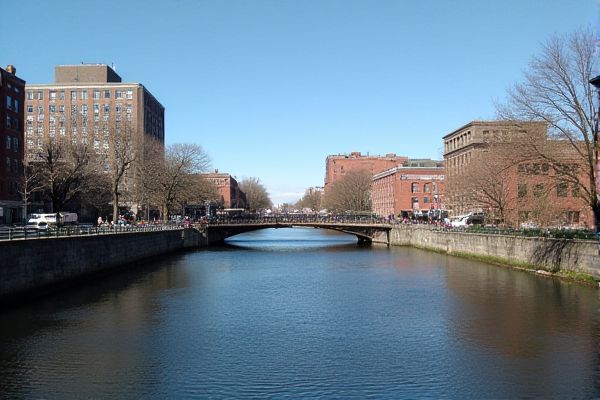
Utilities setup and providers in Massachusetts: Utility deregulation options. National Grid and Eversource providers. Municipal light departments. Online setup availability. Energy-saving programs. Average utility costs. Billing cycle details. Service transfer requirements. Local customer service centers. Green energy options.
Utility deregulation options
In Massachusetts, utility deregulation allows residents to choose their electricity supplier from competitive third-party providers, while the main utility companies, such as Eversource and National Grid, continue to deliver the electricity and manage the grid infrastructure. This setup enables consumers to find lower rates, customized plans, and cleaner energy options, including renewable sources, through programs like Mass Energy Choice and Community Choice Electricity.
National Grid and Eversource providers
National Grid and Eversource are the primary utility providers in Massachusetts. National Grid serves over 1.2 million electricity customers in 168 communities, including areas like Brockton, Worcester, and Nantucket, while Eversource provides retail electricity and natural gas to 1.4 million customers in Eastern and Central Massachusetts, including the Boston urban area and Western Massachusetts through its former WMECo subsidiary. For more detailed information, visit the Massachusetts Utilities website.
Municipal light departments
In Massachusetts, 41 communities have established Municipal Light Plants (MLPs) that provide electric and sometimes gas services to their citizens. These MLPs are run by municipal light boards or commissions and are regulated locally, with rates set by municipal officials, offering both distribution and supply services to their customers. To learn more about these municipally-owned electric companies, you can visit the Massachusetts Municipally-Owned Electric Companies page for detailed information.
Online setup availability
To set up electric or gas services in Massachusetts, you can use the Eversource website, which requires an Eversource.com user ID to submit an online request. You can log in or sign up to start, stop, or transfer your services, and the website provides information customized to your service area.
Energy-saving programs
Massachusetts utilities, including Eversource, Berkshire Gas, Cape Light Compact, Liberty Utilities, National Grid, and Unitil, have filed a $5 billion energy efficiency plan under the Mass Save program. This plan aims to deliver significant energy savings, weatherize homes, install heat pumps, and focus on equity-related initiatives, particularly targeting low- and moderate-income households and marginalized communities. For more details, visit the Mass Save website to explore how these efforts will impact the region and promote sustainable energy practices.
Average utility costs
Massachusetts residents face the third highest utility bills in the nation, with the average household shelling out close to $700 each month. This hefty cost is primarily driven by elevated electricity rates and the prevalence of older, less insulated homes. Notably, the state boasts the fourth highest average electricity rate at 25.20 cents per kWh, leading to the seventh highest average electric bill nationally, averaging between $132 and $165 per month. For more information, you can view the original article from WWLP.
Billing cycle details
In Massachusetts, utility bills from companies like National Grid (NGRID) and Eversource are typically issued on a monthly basis, with the bill detailing supply and delivery charges, electricity and gas usage, and other relevant costs and summaries. For more detailed information, you can visit the Catalyst Power Blog which provides insights into understanding your utility bill and managing energy consumption effectively.
Service transfer requirements
When moving within Massachusetts, it is crucial to manage your utility transfer efficiently to ensure a seamless transition. You should contact your utility providers at least two to three weeks ahead of your move, offering them your new address and settling any outstanding bills. For essential services like gas and electric, it's important to schedule the disconnect date after you have vacated and arrange the reconnect date before or on your move date to prevent any service interruptions. For more detailed guidance on this process, you can find helpful information on Moving.com.
Local customer service centers
For local customer service in Massachusetts, National Grid provides various phone numbers for different services, including customer service, outage reports, and emergency assistance. Customers can easily reach out for help or to report issues by visiting their website for the most accurate and up-to-date contact information. This ensures streamlined communication and swift resolutions for any service-related concerns or emergencies.
Green energy options
In Massachusetts, the move towards sustainable power is strongly supported by various organizations. Verde Energy provides 100% renewable energy, ensuring a seamless transition for residents served by utilities like Eversource Energy and National Grid. The Massachusetts Department of Energy Resources' Renewable and Alternative Energy Division offers extensive information on green energy options, including wind, solar, and biomass, as well as funding programs and installation support. An exemplary initiative is led by the Green Energy Consumers Alliance, which delivers green energy through Community Choice Electricity programs and Green Powered Subscriptions, allowing consumers to support local renewable sources right on their Eversource bills.
